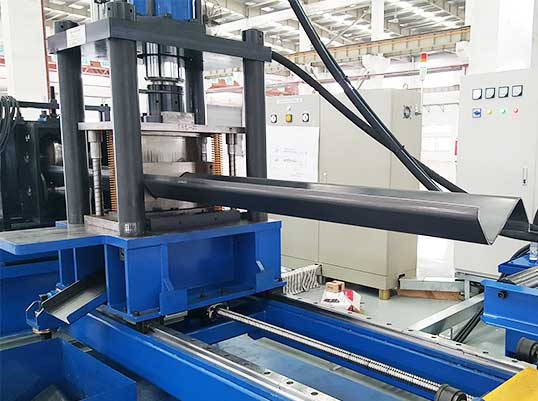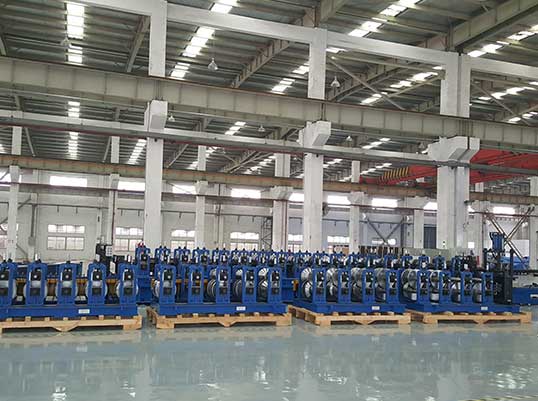Navigation Menu
Contact Us
- Email:
- info@wxavatar.com
- Address:
- Yurong Village, Yuqi Street, Huishan District, Wuxi, China.
Release Date:May 16, 2025 Visit:75 Source:Roll Forming Machine Factory
In today's competitive solar industry, efficiency matters more than ever. Many manufacturers still rely on outdated production techniques for solar mounting structures, unaware of how much these methods might be holding them back. Let's explore how modern solar stand roll forming machines can address common production challenges while maintaining quality standards.
The Hidden Costs of Conventional Production
Traditional fabrication of solar mounting stands often involves multiple separate processes: cutting, punching, bending, and assembling. This fragmented approach creates several pain points:
Time delays as materials move between different workstations
Higher labor requirements for handling and processing
Inconsistent quality when relying on manual operations
Material waste from imprecise cutting methods

These factors combine to create bottlenecks that limit your overall output capacity. While the equipment costs might appear lower initially, the long-term operational expenses often tell a different story.
How Roll Forming Technology Changes the Game
Modern solar stand roll forming machines integrate multiple production steps into one continuous process. Here's what this means for manufacturers:
Continuous operation - The machine forms complete solar stand components from coil to finished product in a single pass
Precision engineering - Computer-controlled systems maintain tight tolerances consistently
Reduced handling - Minimizes labor requirements and potential for human error
Material efficiency - Optimized cutting patterns significantly reduce waste
This approach isn't about cutting corners - it's about cutting out inefficiencies while maintaining structural integrity and performance specifications.
Key Features to Look for in Solar Stand Roll Forming Equipment
When evaluating roll forming solutions, consider these important capabilities:
Adaptable tooling that can handle different solar stand profiles and sizes
Integrated punching systems for creating necessary mounting holes during forming
Precision cutting mechanisms for clean, burr-free edges
User-friendly controls that simplify operation and changeovers
The right machine should offer flexibility to accommodate various project requirements without sacrificing speed or quality.
Making the Transition Practical
For manufacturers considering upgrading their production methods, the shift to roll forming doesn't have to be disruptive:
Many machines can be integrated with existing production lines
Training requirements are typically manageable for skilled operators
The space requirements often compare favorably to multiple standalone machines
The return on investment typically comes from increased output capacity, reduced labor costs, and lower material waste - factors that become apparent within reasonable timeframes for most operations.
Looking Ahead
As solar projects continue to scale up, production methods must keep pace. Solar stand roll forming machines represent a practical evolution in manufacturing technology - one that addresses real-world production challenges without compromising on quality. For manufacturers feeling constrained by their current output levels, this technology offers a proven path to greater efficiency and competitiveness.

By modernizing production methods, companies can better meet growing market demands while maintaining control over their operational costs - a combination that supports sustainable business growth in this dynamic industry.